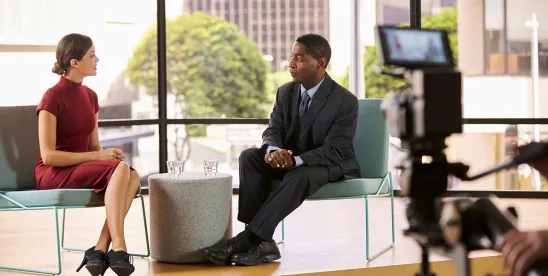In the first part of this article, we discussed why we need experts in international arbitration, how to find the right expert to instruct, and some practical guidance on how to work with experts for the best results. In this second part of the series, we consider what expert reports should cover, the ins-and-outs of expert meetings and some practical tips and tricks for oral testimony.
What (Should Expert Reports Cover)?
Some important points to keep in mind during the preparation of expert reports are:
- Explore if you can agree terminology and all or part of a methodology with the other side early on. This is often done for example in delay expert cases in construction arbitrations and makes the process more efficient and reduces the length of reports.
- Brevity and plain English – Experts are technical people, but their audience most often is not: their report needs to be as concise as possible and understandable and accessible to the Tribunal.
- Avoid straying into legal argument – That is not the expert’s job and it can negatively impact an expert’s credibility if the Tribunal views them as an advocate for their instructing party.
- In a similar vein, make sure their views are genuinely held, and they are not just saying what best supports your case – this is important so they can robustly and professionally defend their views both in an expert meeting and in cross-examination.
- Cover all the issues expert has been ordered to opine on (but only those issues!).
Your lawyers will work closely with the expert on their report and should keep the above in mind.
Expert Meetings
The Tribunal will often direct that the experts meet to discuss and seek to narrow issues and prepare a joint report. This process can help the experts agree fringe points, and sometimes even some more substantive differences of opinion.
It is best practice, at least in LCIA arbitrations and with an English tribunal, for lawyers not to attend expert joint meetings to ensure the experts can discuss matters without any pressure from counsel. Similar considerations apply for joint reports – this is for experts to draft, not counsel.
Tips For Oral Testimony
- Preparation, preparation, preparation – Even in jurisdictions when witness coaching is not permitted, it is generally permitted and good practice to have a meeting with the expert prior to the final hearing to discuss general principles for preparation, likely key areas for cross-examination, courtroom etiquette, and how to deal with cross-examination. The expert should read their report anew before testifying, so that facts and key documents are fresh in their mind.
- There are different procedural ways to present expert evidence at the final hearing:
- The experts can make short presentations to summarize their findings before cross-examination. This can refresh the Tribunal’s memory on key areas of disagreement and is often useful where expert reports are very technical.
- If the experts have produced a joint report, cross-examination could be limited to the remaining areas of disagreement. This could save time and effort and help the Tribunal focus on remaining key areas.
Consider whether expert “hot-tubbing” would be appropriate, i.e. for the experts for each party to give evidence on topics at the same time rather than sequentially. This can help the Tribunal understand issues better by hearing the experts respond to each other and can be less adversarial than traditional cross-examination.



 />i
/>i


